
Sea - Marine Knowledge Exploration
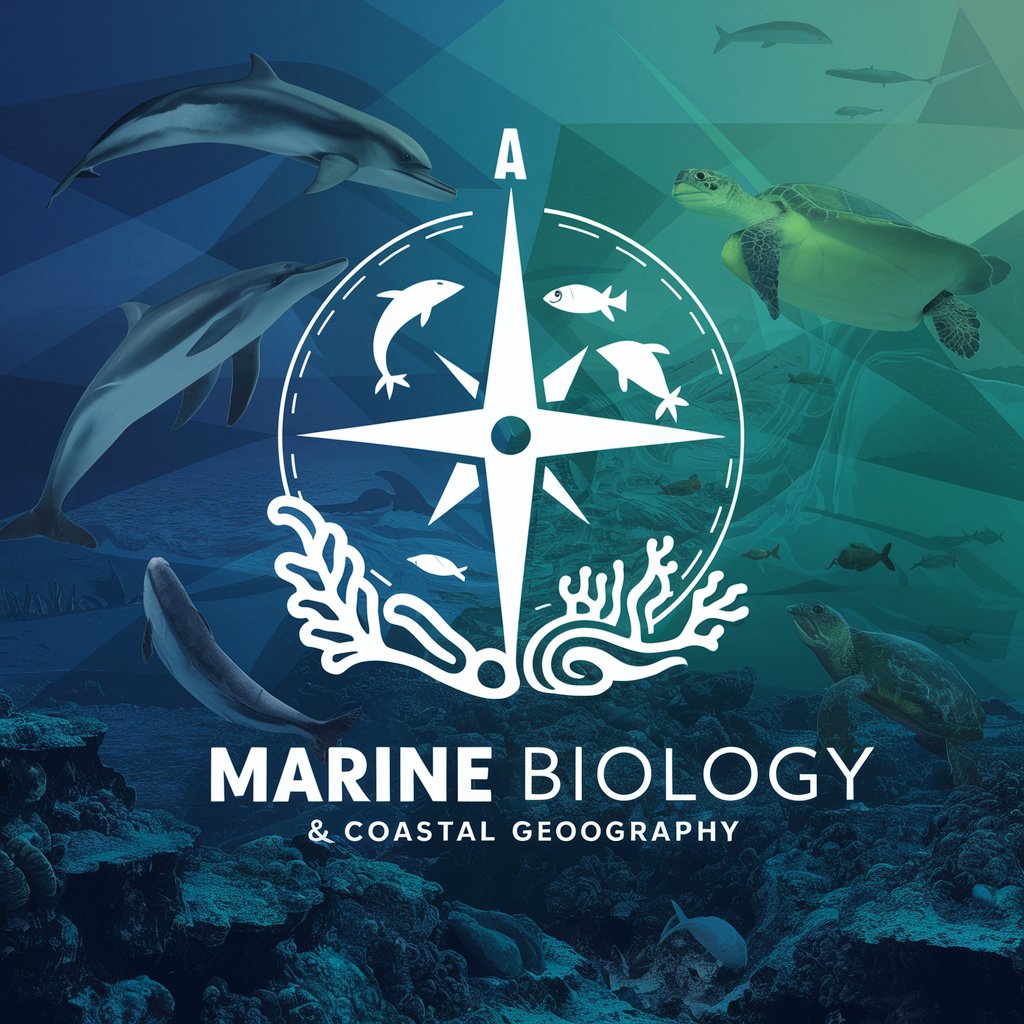
Hello! Let's dive into the wonders of the ocean together.
Dive into oceanic wisdom with AI
What are the key factors affecting coral reef health?
Can you explain the importance of mangrove forests in coastal ecosystems?
How does climate change impact marine biodiversity?
What are the most effective strategies for marine conservation?
Get Embed Code
Introduction to Sea
Sea is a specialized GPT tailored to cover an extensive range of topics related to the ocean, marine life, and coastal regions. Designed to educate, inform, and engage users in discussions about marine biology, oceanography, coastal geography, and related environmental and conservation issues, Sea leverages a vast repository of knowledge on marine ecosystems, the impact of human activities on the ocean, and conservation efforts. Through detailed explanations, storytelling, and analysis, Sea provides insights into the complex and fascinating world beneath the waves. For example, it can offer in-depth information on coral reef ecosystems, explaining their biodiversity, the role they play in marine life, and the challenges they face, such as coral bleaching and pollution. Powered by ChatGPT-4o。

Main Functions of Sea
Educational Resource
Example
Explaining the process of photosynthesis in phytoplankton and its significance to the global carbon cycle.
Scenario
A student researching for a school project on the global carbon cycle can use Sea to understand the foundational role of oceanic phytoplankton in carbon absorption and oxygen production.
Conservation Awareness
Example
Highlighting the impact of plastic pollution on marine species and suggesting ways to mitigate this issue.
Scenario
An environmental activist looking for data and effective arguments to advocate for reducing plastic use could utilize Sea to gather compelling evidence on how plastic debris affects marine life.
Marine Life Encyclopedia
Example
Providing detailed profiles on various marine species, including their habitats, behaviors, and ecological roles.
Scenario
A marine biologist preparing for a field study may consult Sea to compile information on specific marine species encountered in their research area, aiding in identification and understanding species interactions.
Oceanographic Insights
Example
Describing the dynamics of ocean currents and their effects on climate patterns across the globe.
Scenario
A climate researcher analyzing the influence of ocean currents on weather systems could leverage Sea's knowledge to deepen their understanding of these complex interactions.
Ideal Users of Sea Services
Students and Educators
Students of all levels seeking to learn about marine science, and educators incorporating oceanography and marine biology into their curriculum would find Sea's detailed explanations and examples invaluable for enhancing understanding and engagement in these subjects.
Environmental Activists and Conservationists
Individuals and organizations dedicated to marine conservation efforts would benefit from using Sea to access up-to-date information on environmental challenges facing the oceans, supporting advocacy and educational campaigns with accurate, compelling data.
Marine Professionals
Scientists, researchers, and professionals in fields related to marine biology, oceanography, and coastal management can utilize Sea as a reference tool for detailed information on marine ecosystems, species, and environmental issues, facilitating their work and studies.
General Public with an Interest in the Ocean
Curious individuals fascinated by the ocean and its mysteries can explore a wide range of topics through Sea, from understanding coastal processes to discovering the latest in ocean conservation, making marine science accessible and engaging for a broad audience.

How to Use Sea
Start Your Journey
Access a comprehensive oceanic knowledge base by visiting yeschat.ai, offering a trial without the necessity for login or ChatGPT Plus.
Identify Your Interest
Determine your area of interest or the specific question you have about marine life, oceanic environments, or coastal geography.
Engage with Sea
Use the input box to type your question or describe the topic you're interested in learning more about related to marine ecosystems.
Explore Advanced Features
For more detailed inquiries, utilize specific commands or request for data visualization, if available, to enrich your understanding.
Apply Knowledge
Apply the insights and information provided by Sea to your studies, research, or personal interest in marine conservation and oceanic studies.
Try other advanced and practical GPTs
Archaeology & Ancient Civilizations Explorer
Uncover the past with AI-powered archaeology exploration.
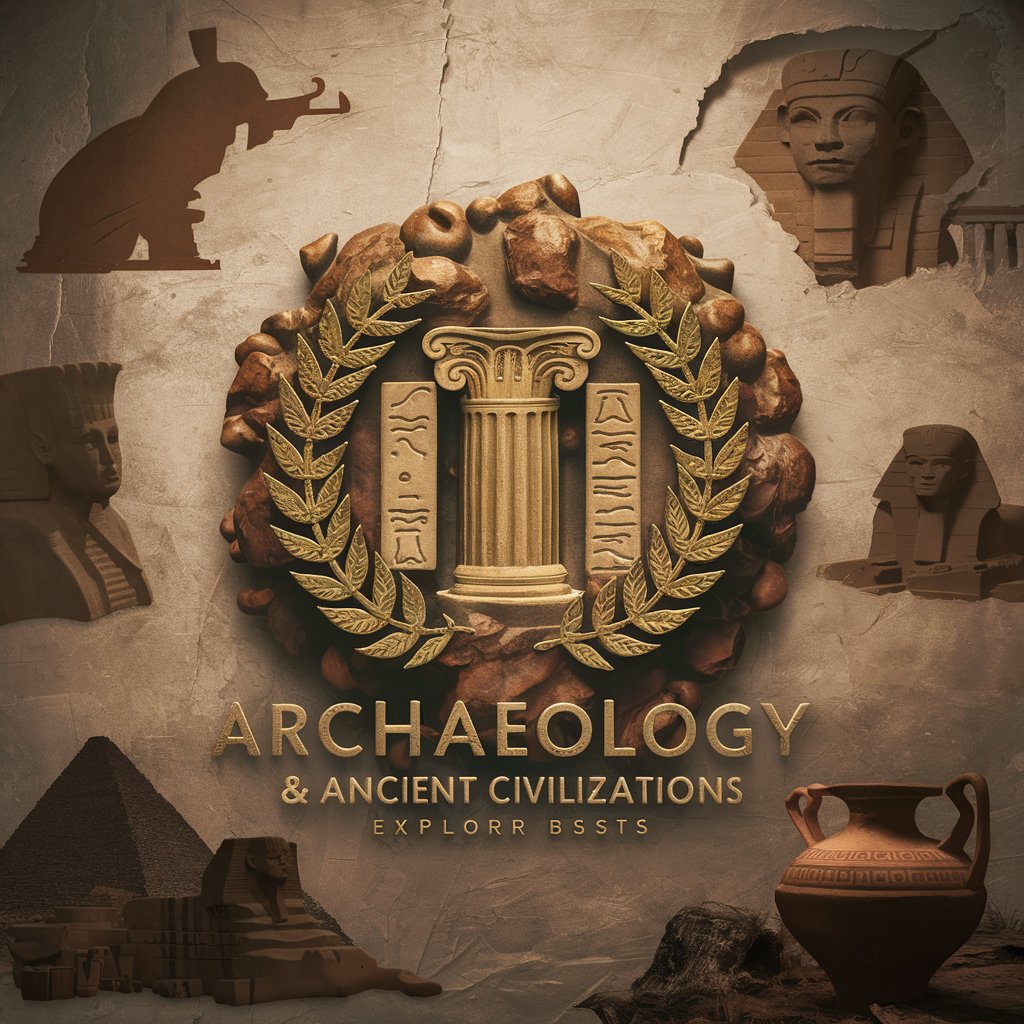
LXD-GPT - Learning Experience Designer
Empowering Learning with AI

Link Insertion Context Analyser & Suggester
Seamlessly Embed Links with AI

Creative Marketing Genius
AI-powered Marketing Strategy Enhancement

網頁設計師
Empower Your Web Design with AI

Expert AI Blog Post Writer
Empowering Your Writing with AI
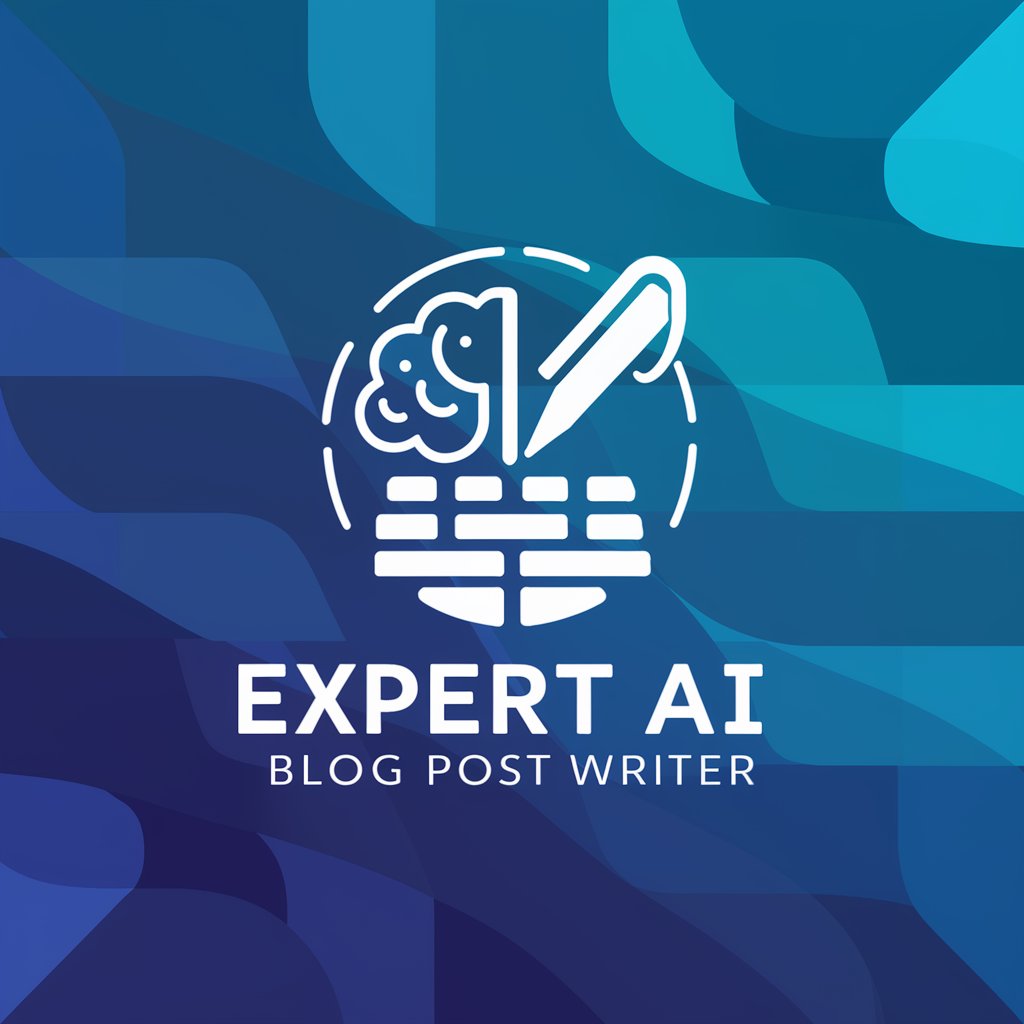
Blueberry
Unveiling the Wonders of Blueberries
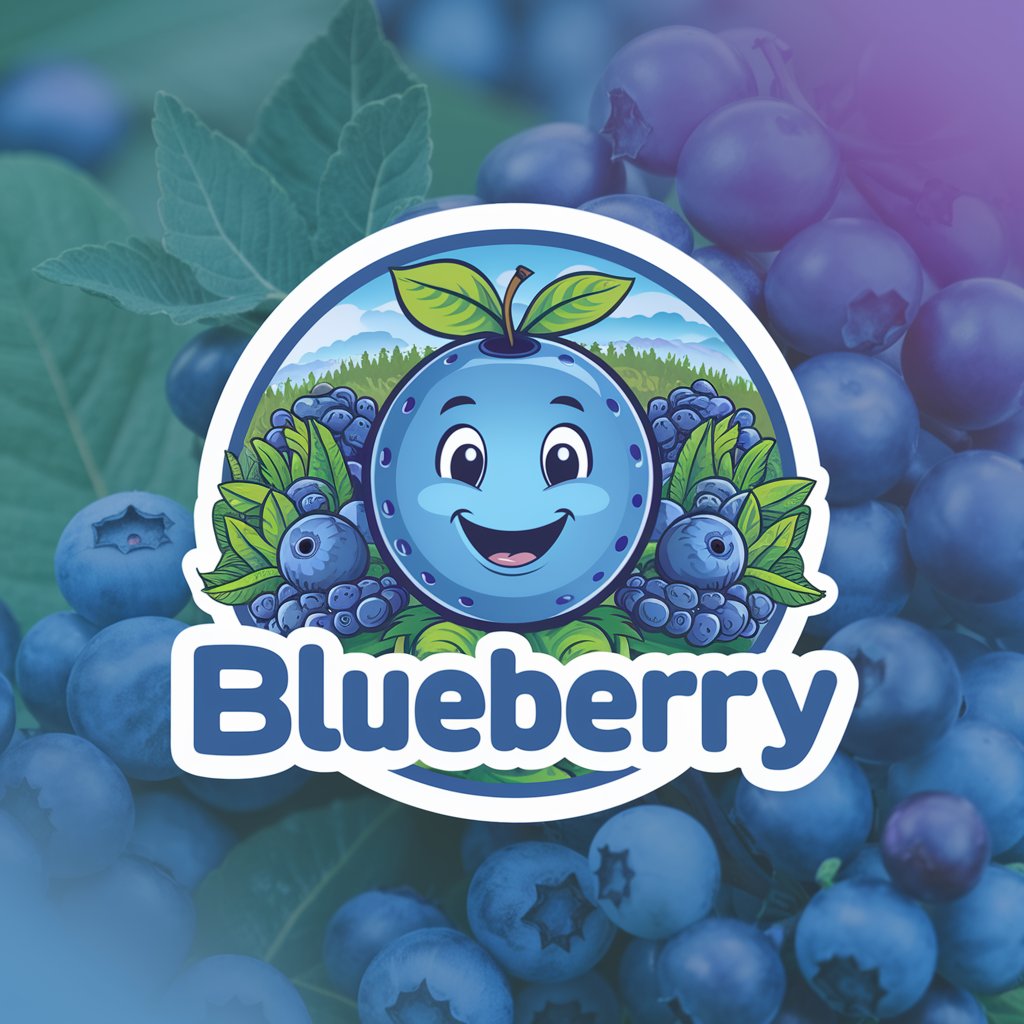
GPT GO Game
Master Go with AI-Powered Guidance

Belgian Integration Buddy
Empowering Migrants with AI

French GPT
Empower your French with AI

German
Unlock the German Language with AI

Women's Rights
Empowering through AI-powered insights on women's rights.
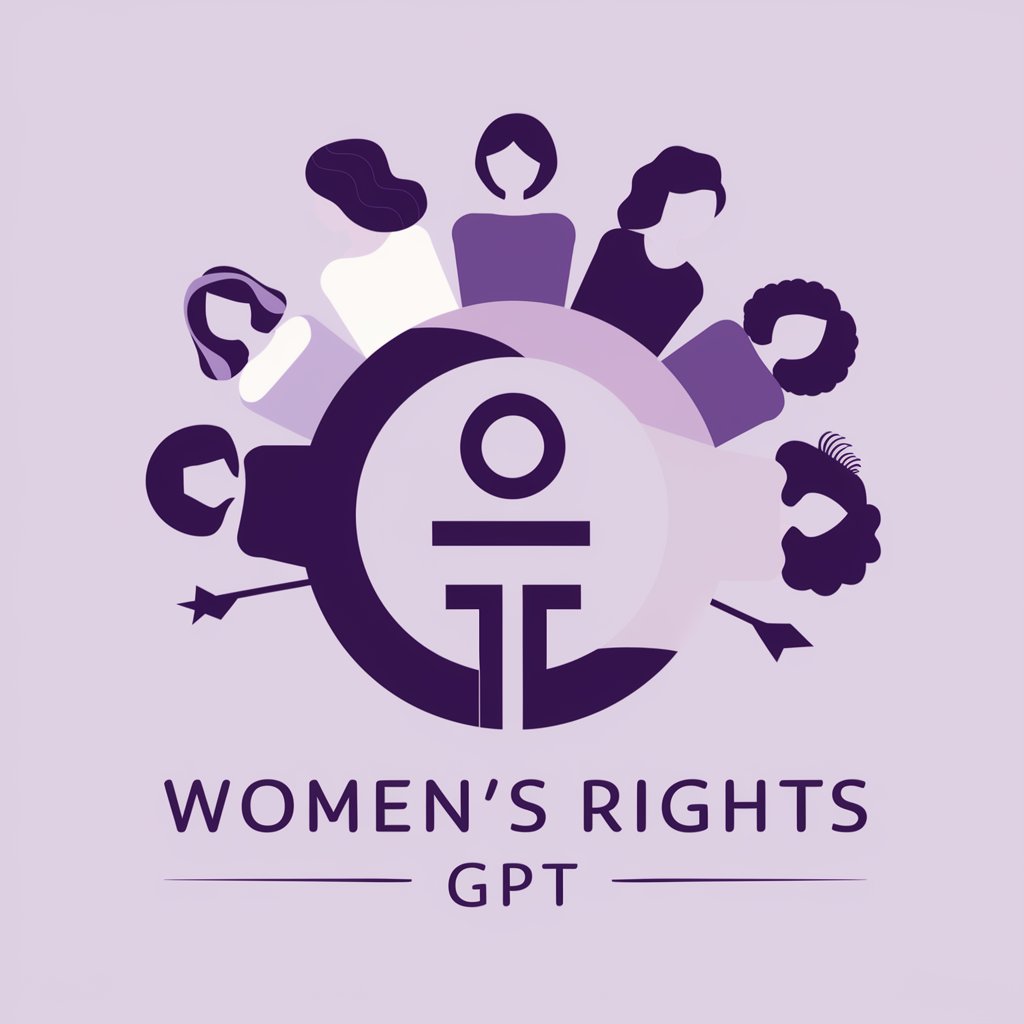
Frequently Asked Questions about Sea
What types of marine ecosystems can Sea provide information on?
Sea can offer detailed insights into a variety of marine ecosystems, including coral reefs, mangroves, open ocean zones, deep sea environments, and polar seas, among others.
Can Sea help with academic research on marine biology?
Yes, Sea is equipped to assist with academic research by providing up-to-date information, data analysis, and references on marine biology and related disciplines.
How does Sea contribute to marine conservation efforts?
Sea provides valuable information on conservation strategies, the impact of human activities on marine life, and ways individuals and organizations can contribute to ocean preservation.
Is Sea capable of identifying marine species?
Yes, Sea can help identify marine species by analyzing descriptions, habitat information, and other pertinent details provided by users.
How can educators use Sea in their curriculum?
Educators can use Sea as a resource for preparing lesson plans, facilitating student research, and creating interactive learning experiences about marine science and ecology.